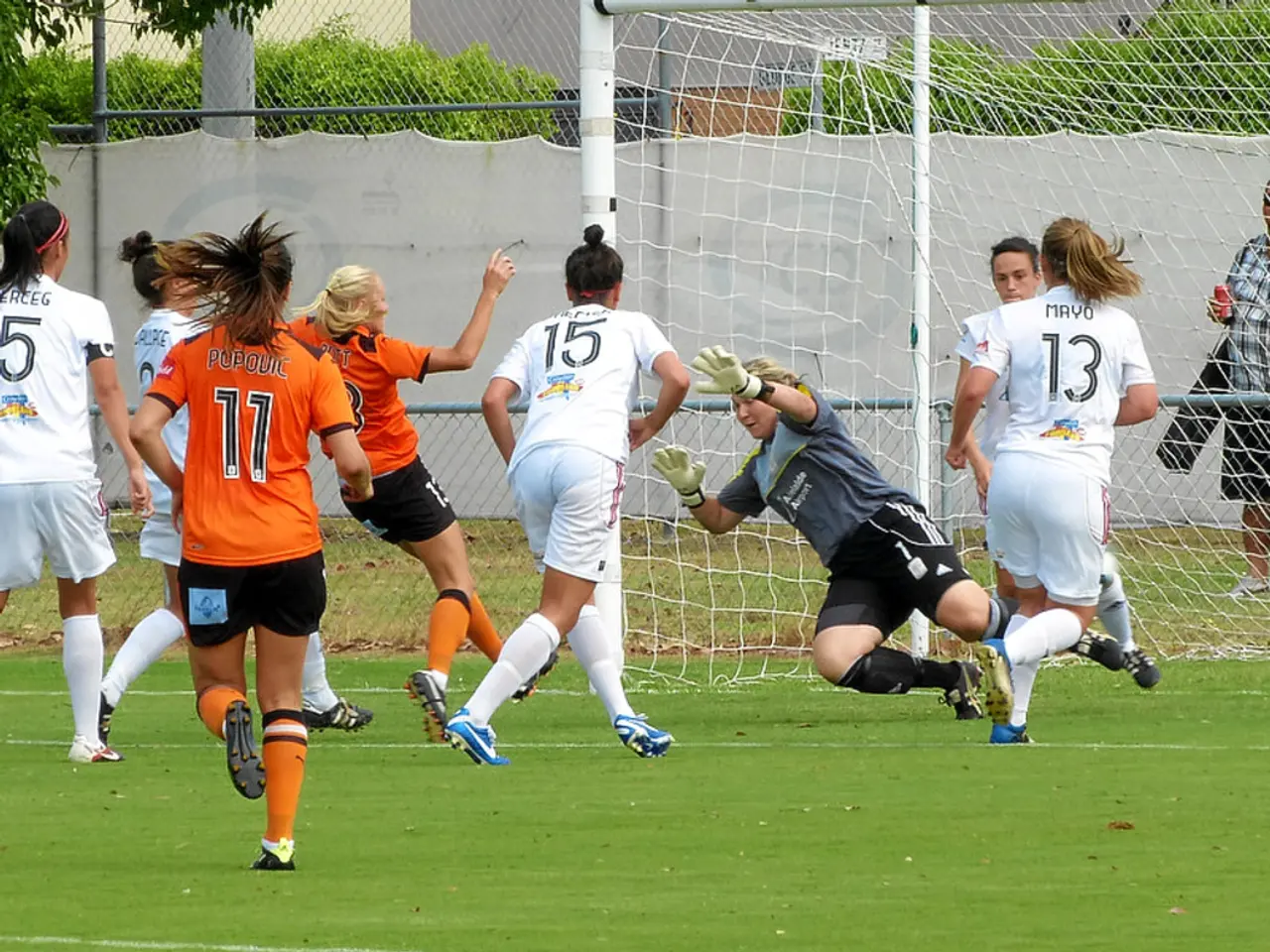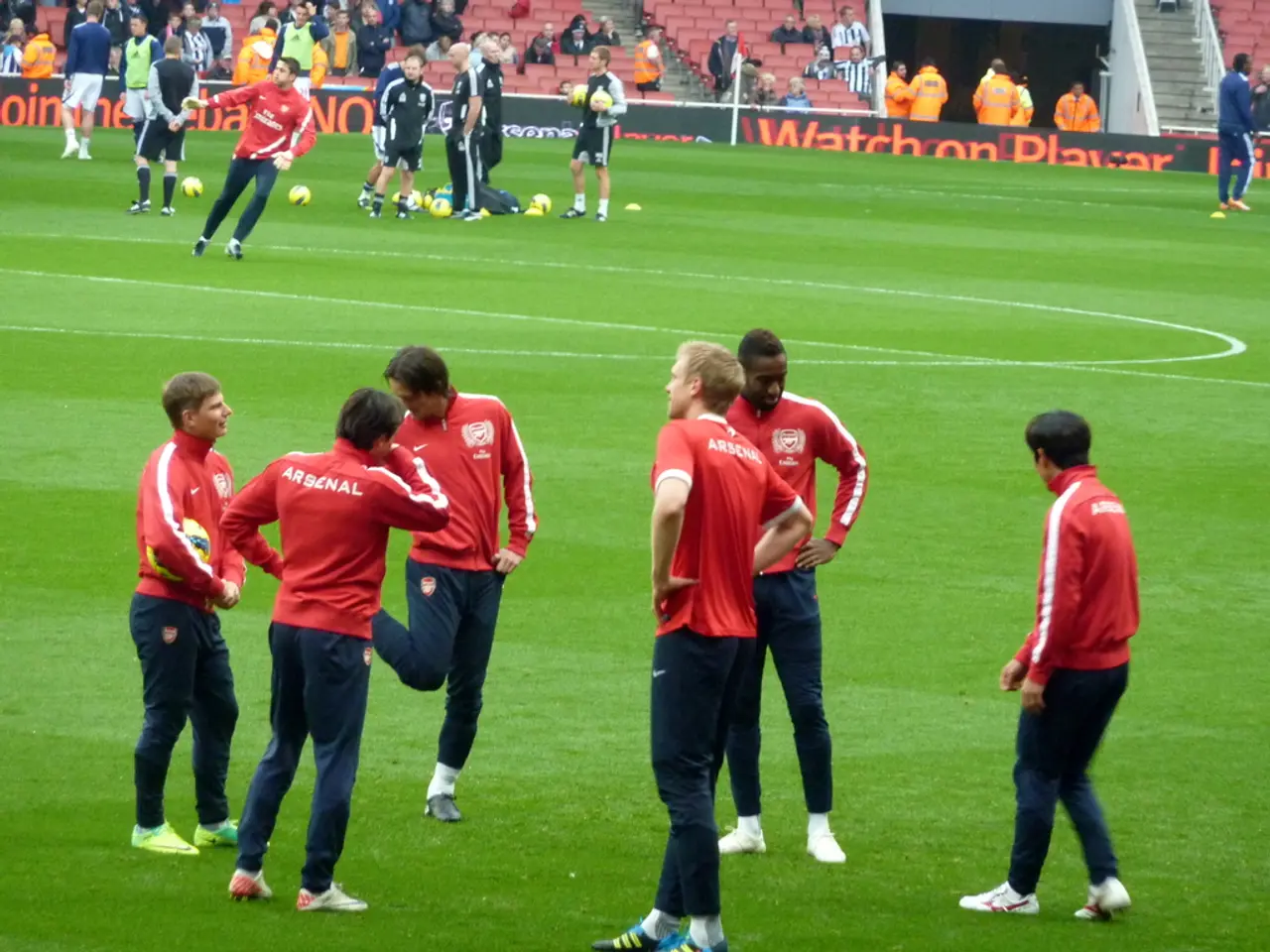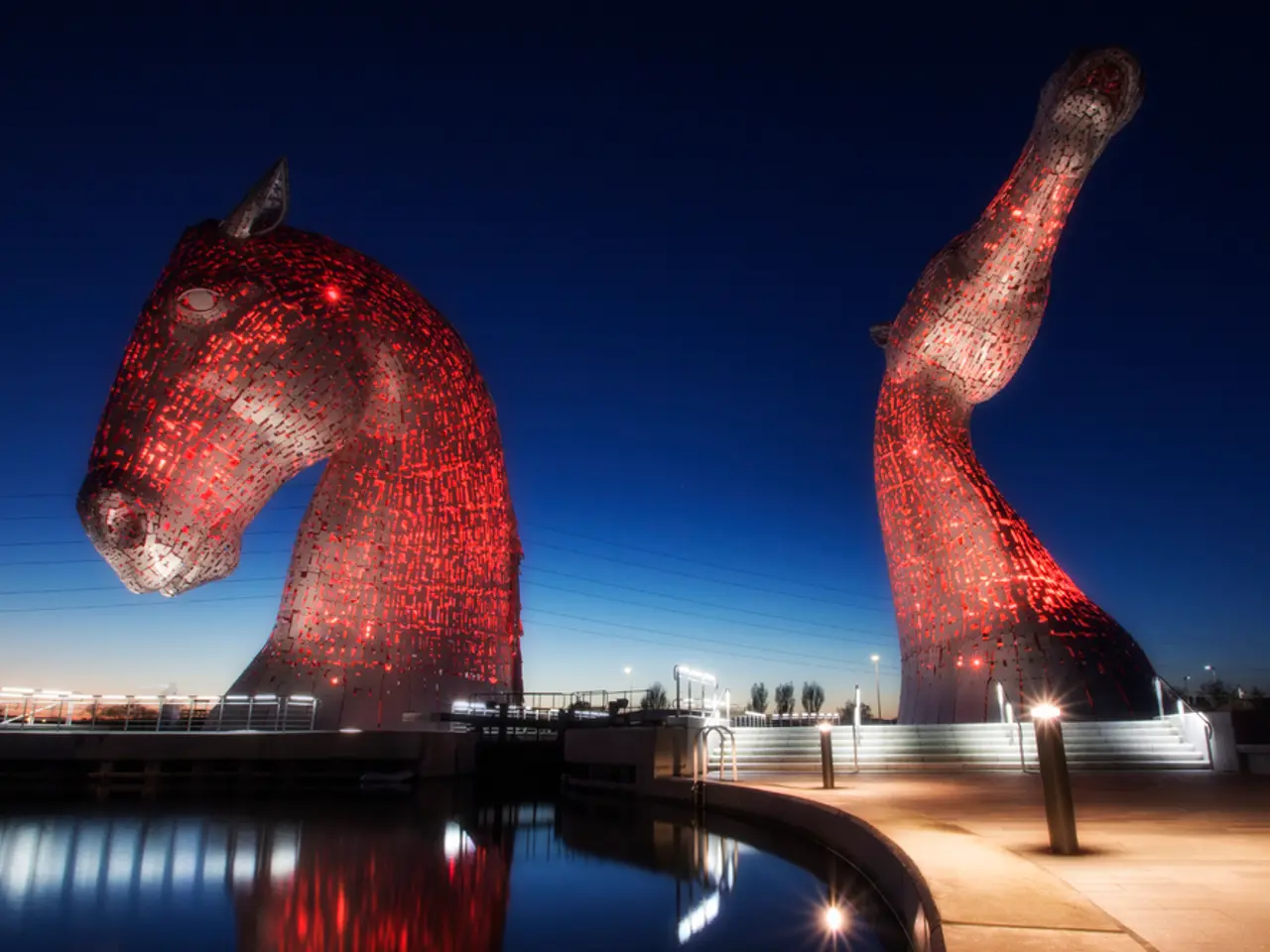Women in Nigeria claim victory, achieving the title they've worked hard for, despite facing challenges in management.
Nigeria's Women's Soccer Team Triumphs Amidst Challenges
In a soccer-loving nation where passion and hard work often overcome institutional challenges, Nigeria's women's soccer team has made history. After a thrilling final against hosts Morocco with a score of 3-2, they clinched their record-extending 10th Women's Africa Cup of Nations title.
The team's success, however, has not been without its struggles. Analysts attribute the gains to a failure of the authorities to capitalize on the early advantage, citing financial mismanagement, historical gender biases, and a lack of institutional investment as key factors.
Financial Mismanagement and Neglect
The Nigerian Football Federation (NFF) owes the women's team match bonuses for years, once causing a training boycott in 2022. Payments are often delayed or only approved under public pressure, with promises of one-time rewards like money and apartments seen as inadequate compared to sustained investment needs such as staff, facilities, and regular pay.
Historical and Structural Gender Bias
Women’s football has historically been marginalized, with bans and restrictions in the 20th century limiting its growth, while men’s football received sustained funding and media visibility. This unequal history shapes current disparities and leads to women’s football being viewed as less commercially viable and less legitimate in the eyes of sponsors and officials.
Lack of Sponsorship and Institutional Trust
Due to mismanagement and unpaid salaries, sponsors are reluctant to support the women's game. Even designated funds for women's football are sometimes diverted or unaccounted for, perpetuating financial shortfalls and mistrust.
Argument from Federation
The federation claims men's football brings more money, but analysts and fans argue the women's team actually brings more prestige and titles to Nigeria, highlighting a disconnect between revenue generation arguments and actual investment priorities.
Despite these challenges, the team has shown resilience. During their preparation, they faced issues such as unavailable training kits, inability to hold competitive friendly matches, and a backlog of payments only approved by the president days before the final.
Funmi Obasa, a fan in Abuja who follows the women's team, expressed dissatisfaction with the gifts promised by the president, stating that investment in facilities, staff, and payment is what is needed, not one-time payments and apartments.
The success of the Nigerian women's team underlines the need for more equitable and strategic investment. Their continuous success despite these challenges underscores their passion and determination, but also highlights the systemic issues that need to be addressed for the team to reach its full potential on the global stage.
Sports, football continue to provide a platform for the women's team, inspite of financial mismanagement and historical gender biases. The Nigerian Football Federation's (NFF) ongoing failure to consistently reward the players and invest in the necessary facilities acts as a barrier to the team's progress in the global sporting arena.








